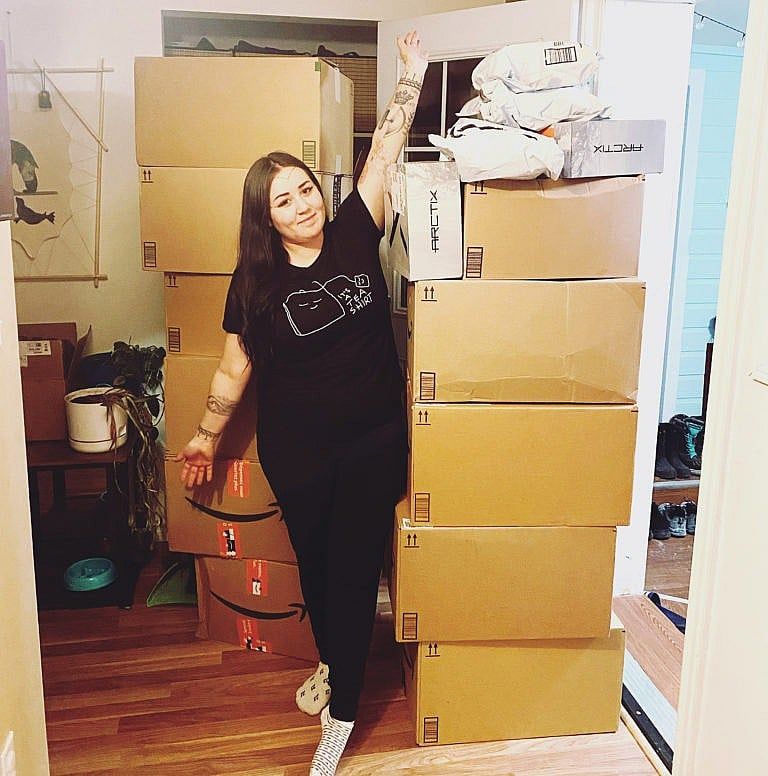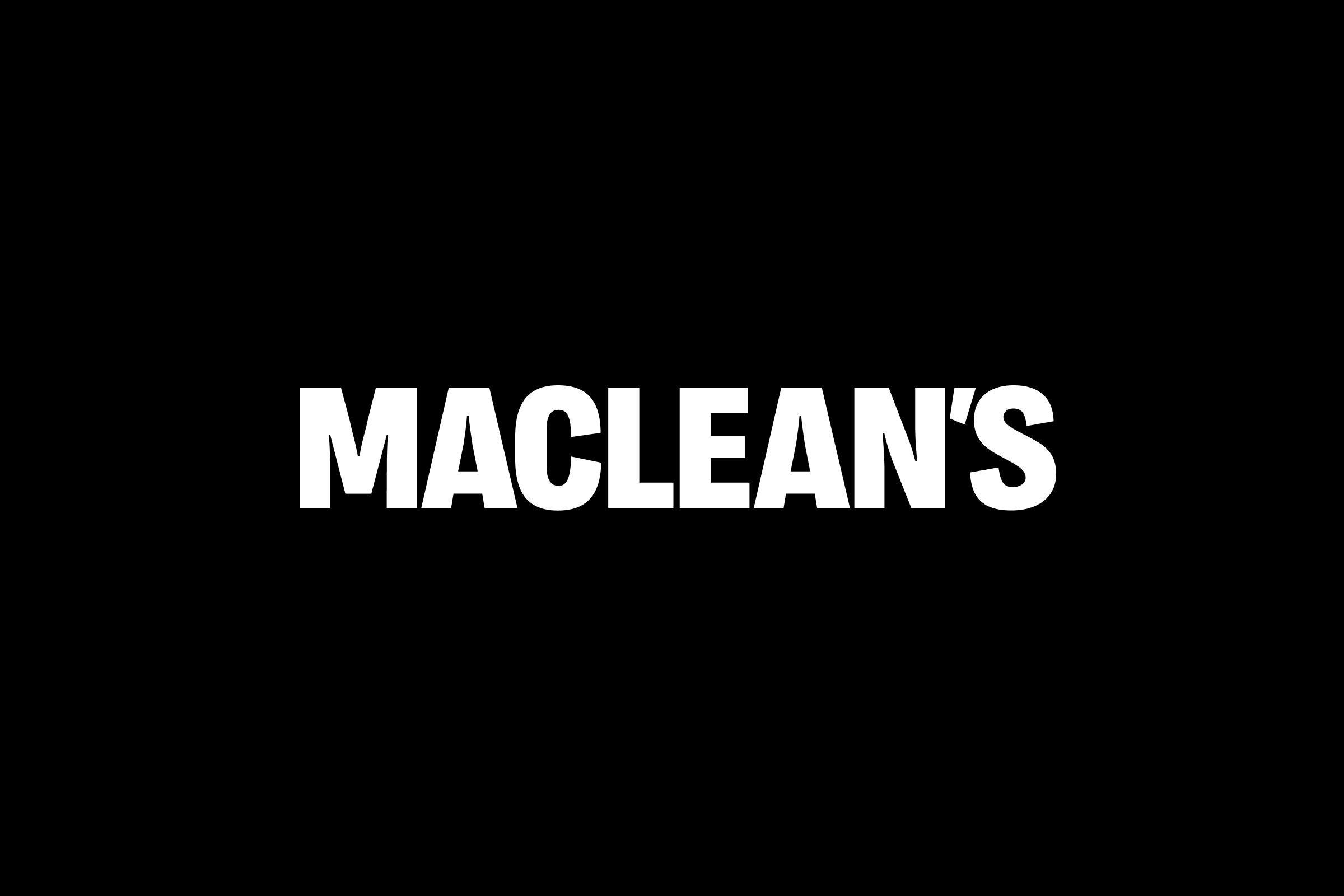giving
How an Iqaluit mom’s TikTok videos turned her home into a de facto food bank
Kyra Flaherty used the social media platform to reveal Nunavut’s sky-high grocery prices. Then the donations started arriving.
What happened to the money from the ice bucket challenge?
The viral craze raised a cool $17 million for ALS Canada. How to spend that money has posed its own challenges.
Maclean’s story leads to Christmas treat for Coquitlam family
Featured in the magazine at age 14, executive gives back 30 years later
The road to Spyhill
Economists have a sort of half-joke, inspired by Yale’s Joel Waldfogel, about the “deadweight loss of Christmas”. Every year we humans race around, spending, collectively, billions of dollars trying to find noncash items that other people in our lives will like. But we are less than perfect at intuiting the preferences of others, and it is the rare recipient who will value what he receives from everybody as much as he would what he could buy himself with the cash equivalent. The total worth of the gifts exchanged at Christmas thus inevitably ends up being smaller than the amount spent. Viewed this way—and it’s obviously not an unreasonable way—Christmas is a giant global potlatch, an orgy of value destruction.

